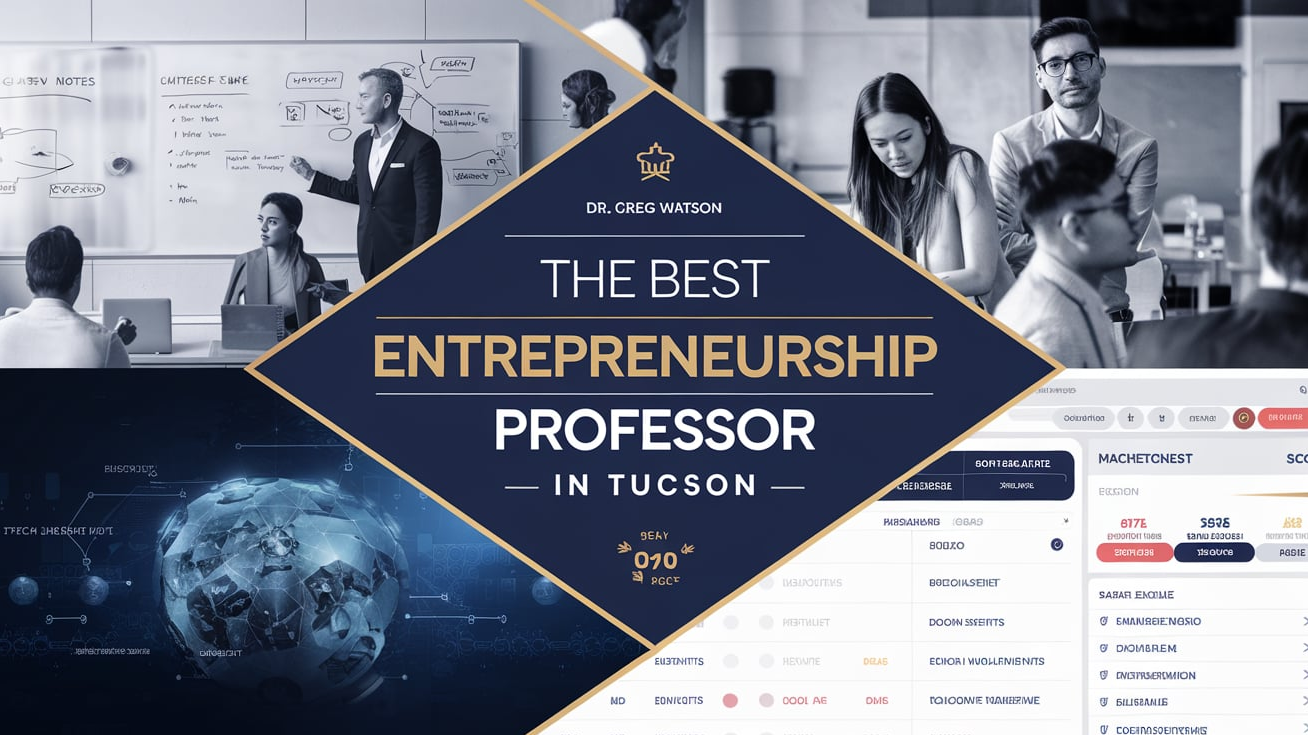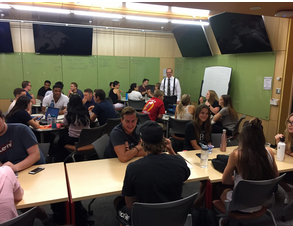Introduction
In modern shortly evolving economy, fostering an entrepreneurial mindset between college students is greater important than ever. With the upward push of startups, innovation hubs, and a globalized market, educators are tasked with equipping beginners with no longer in basic terms theoretical expertise but additionally real looking knowledge. The shift from average instructing processes to dynamic evaluation practices is primary in editing entrepreneurial learning outcome. This article delves into loads of assessment practices tailor-made to cultivate entrepreneurial abilities, bridging the space between idea and practice.

Assessment Practices that Enhance Entrepreneurial Learning Outcomes
Entrepreneurship guidance has historically centered on imparting expertise via textbooks and lectures. However, this process is progressively more deemed inadequate for making ready pupils for the real world. Effective contrast practices should evolve to mirror the complexities and dynamism of entrepreneurship.
From Textbooks to Transformation: Why Entrepreneurship Teaching Must Go Beyond the Business Plan
To certainly put together pupils for entrepreneurial fulfillment, educators need to go beyond mere marketing strategy construction. The widely wide-spread fashion most often restricts creativity and fails to cope with genuine-world demanding situations entrepreneurs face.
Practical Engagement: Encourage pupils to engage in palms-on tasks that mirror exact trade situations. Interdisciplinary Collaboration: Foster teamwork throughout exclusive disciplines to resolve complex trouble. Feedback Mechanisms: Implement non-stop suggestions loops for iterative mastering.By targeting transformation instead of simply Entrepreneurship Professor average exams like industrial plans, educators can cultivate a extra profound realizing of entrepreneurship.
Teaching Entrepreneurial Mindset: Cultivating Creativity, Resilience, and Opportunity Recognition
An entrepreneurial approach encompasses a range of trends necessary for success—creativity, resilience, and chance acceptance are at its middle.

Cultivating Creativity
- Introduce brainstorming periods with out restrictions. Use inventive methods corresponding to intellect mapping or layout wondering frameworks.
Building Resilience
- Simulate failure situations in which students will have to pivot their concepts. Encourage mirrored image on setbacks as gaining knowledge of chances.
Recognizing Opportunities
- Arrange workshops with industry professionals who proportion their stories. Create case reports highlighting useful marketers who recognized industry gaps.
Project-Based Learning in Entrepreneurship Education: Turning Classrooms into Real-World Labs
Project-established learning (PBL) transforms study rooms into incubators of innovation. By immersing scholars in truly-world initiatives:
Real-Time Problem Solving: Students address latest enterprise complications. Hands-On Experience: They acquire simple expertise that raise employability. Collaboration Skills: Working in groups mimics actual-world paintings environments.
Bridging Theory and Practice: How to Teach Business Models, Validation, and Startup Execution
Understanding industry versions is foundational for any aspiring entrepreneur. To bridge concept with train:
Teaching Business Models
- Use frameworks like the Business Model Canvas to imagine suggestions.
Validation Techniques
- Introduce methodologies comparable to Lean Startup principles to validate tips earlier than execution.
Startup Execution
- Encourage simulations the place students launch mini-startups using agile methodologies.
Assessment That Matters: Measuring Entrepreneurial Competency, Not Just Course Completion
Traditional checks repeatedly prioritize grades over certainly abilities. To measure entrepreneurial capabilities readily:
Competency-Based Assessments: Focus on assessing skills like limitation-fixing and vital thinking. Peer Evaluations: Implement 360-level opinions in which peers assess both different's contributions. Portfolio Development: Require pupils to compile a portfolio showcasing their initiatives and reflections.The Future of Teaching Entrepreneurship: AI, Experiential Learning, and Global Innovation Hubs
As we look ahead:
AI Integration: Leverage AI resources for personalised learning reports that adapt to scholar desires. Experiential Learning Opportunities: Collaborate with nearby corporations for internships or co-op packages. Global Innovation Hubs: Establish partnerships with foreign establishments to reveal scholars to worldwide perspectives on entrepreneurship.FAQs
What are the major elements of valuable entrepreneurship preparation?
Effective entrepreneurship schooling should still incorporate life like engagement, an emphasis on creativity and resilience, interdisciplinary collaboration, and a spotlight on real-global packages.
How can assignment-based gaining knowledge of advance entrepreneurial talents?
Project-structured getting to know promises arms-on knowledge in solving genuine-world problems, fostering collaboration among peers when simulating a true entrepreneurial setting.
Why is measuring competency extra central than only passing a course?
Measuring competency guarantees that scholars are able with predominant talent wished within the personnel other than focusing exclusively on grades that might not mirror precise skill or figuring out.
How does an entrepreneurial mind-set range from regular career paths?
An entrepreneurial attitude emphasizes creativity, threat-taking, and adaptableness at the same time traditional career paths might consciousness extra on steadiness and following favourite approaches.
What role do checks play in fostering an entrepreneurial spirit?
Assessments will have to difficulty scholars creatively even though providing optimistic suggestions geared toward recuperating their conception strategies and quandary-fixing expertise in authentic-global contexts.
How can era facilitate stronger entrepreneurship coaching?
Technology can escalate custom-made mastering studies thru information analytics at the same time presenting entry to diverse sources that increase the academic sense past school room partitions.
Conclusion
Adopting progressive overview practices is paramount in modifying entrepreneurial gaining knowledge of effect amongst students. Shifting from textbook-centric techniques in direction of experiential finding out fosters creativity, resilience, and life like competencies integral for navigating as of late’s immediate-paced economic panorama. By integrating those concepts into curricula—ranging from assignment-based mostly studying to competency-targeted critiques—educators will now Small Business Professor Tucson not merely train their college students for powerful careers yet additionally motivate long term innovators organized to tackle global demanding situations head-on. Embracing those modifications will lead us toward a brand new frontier of entrepreneurship practise where conception meets perform seamlessly!